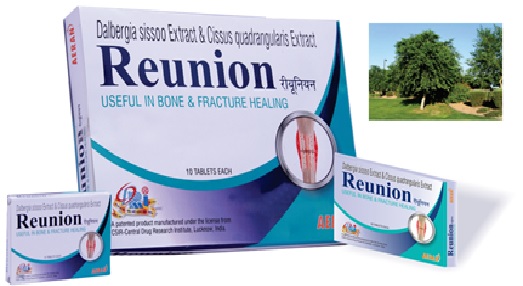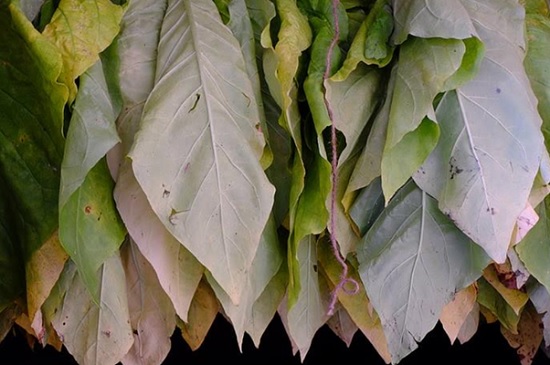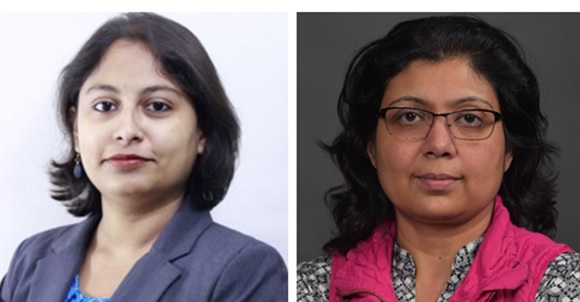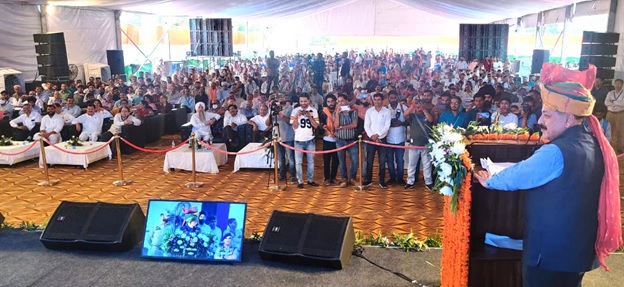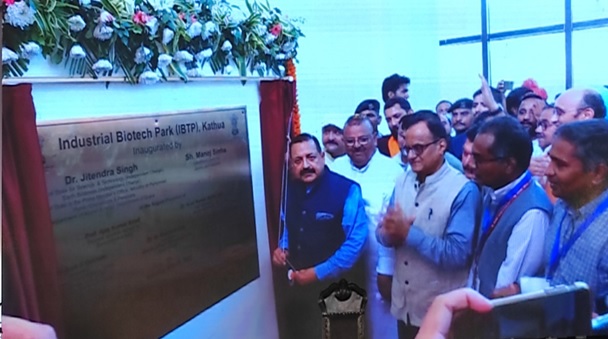
Since December 2019, the world has been recuperating from a significant unexpected challenge of novel Coronavirus disease (COVID-19), caused by the SARS-CoV-2 virus. Declared a pandemic by World Health Organisation (WHO) in March 2020, it led to unimaginable shocks and imbalances in global health care systems putting humanity in peril. The highly transmissible virus imposed social exigencies and resulted in a catastrophic outbreak with a massive number of morbidity and mortality across the globe. Perhaps, it was this time, in the era of globalization with enhanced global healthcare systems, that the countries were tested for their competence, preparation, and readiness to combat an unforeseen and unprecedented situation like this.
It is remarkable how vaccines were developed in record time by scientists and different manufacturing industries to fight against the infection. However, still, the pharmacological cure for the SARS-CoV-2 is unknown. Scientific communities are working painstakingly on viral pathogenesis to provide more insights into the disease and its possible mutations and unravel the appropriate treatments and cures.
Initially, due to the lack of evidence-based treatment against SARS-CoV-2, there was a considerable dependence on therapeutic and natural product-based treatments and modern medical science. During this time, a significant shift in healthcare practices was noticed. A growing interest in using traditional and herbal medicines to alleviate the COVID-19 symptoms and gain immunity to fight against the virus was widely observed. People were seeking this as an alternative treatment option and as a preventive measure due to its diverse therapeutic, anti-microbial, anti-bacterial, anti-viral, and immunity enhancing properties.
As defined by WHO, Traditional medicine (TM) is “the sum total of the knowledge, skills and practices on the basis of the theories, beliefs and experiences indigenous to different cultures, whether explicable or not, used in the maintenance of health, as well as in the prevention, diagnosis, improvement or treatment of physical and mental illnesses” (WHO Traditional Medicine Strategy 2014-2023).
Since December 2019, the world has been recuperating from a significant unexpected challenge of novel Coronavirus disease (COVID-19), caused by the SARS-CoV-2 virus. Declared a pandemic by World Health Organisation (WHO) in March 2020, it led to unimaginable shocks and imbalances in global health care systems putting humanity in peril. The highly transmissible virus imposed social exigencies and resulted in a catastrophic outbreak with a massive number of morbidity and mortality across the globe. Perhaps, it was this time, in the era of globalization with enhanced global healthcare systems, that the countries were tested for their competence, preparation, and readiness to combat an unforeseen and unprecedented situation like this.
India is a hub of rich and diverse knowledge and practice of classical medical philosophy, one of the oldest medical sciences in the world. The traditional Indian medicine system is categorized into Ayurveda, Siddha, Unani and Yoga, Naturopathy, and Homoeopathy. Based on a holistic approach, these medical systems represent the co-existence of humanity with nature and promote a holistic way of healthy living.
In December 2020, the Ministry of AYUSH, Government of India, made efforts to integrate modern with traditional medicine systems, strengthen and promote a holistic healthcare strategy and facilitate cross-sectoral collaborations. The enactment of the National Commission for Indian System of Medicine (NCIM) Act, 2020, and the National Commission for Homoeopathy (NCH) Act, 2020; recognition of the Institute of Teaching and Research in Ayurveda (ITRA),Jamnagar, Gujarat, as the Institute of National Importance Institute (INI); inclusion of AYUSH practitioners in WHO Doctors population ratio; developing Indian Standards as well as International Standards (ISO) in collaboration with Bureau of Indian Standards (BIS) to augment products and services under AYUSH, were some of the other important initiatives taken by the Government.
In March 2022, the WHO and the Government of India signed an agreement to establish the WHO Global Centre for Traditional Medicine (GCTM) in Gujarat, India. The Centre embodies a comprehensive health approach, integrating traditional medicines with modern science and technology. The GCTM would set norms, guidelines, and standards for the use of conventional drugs, besides promoting innovation and technology-aided improvements. It also strives to ensure sustainability, equity, affordability, and accessibility to traditional medicines.
The Government of India is investing USD 250 million in its establishment and operations. In April 2022, Prime Minister Narendra Modi laid the foundation stone of the Centre in Jamnagar, Gujarat, in the presence of the Prime Minister of Mauritius, Pravind Kumar Jugnauth and Dr Tedros Ghebreyesus, Director-General, WHO. The Centre aims to foster synergistic alliances and cooperation among the countries in traditional, conventional, and integrative medicines. Taking the initiative forward, the WHO has recently published benchmarks on the training and practice of Unani and Ayurveda.
New healthcare-related challenges have emerged before humanity in the recent past, but traditional medicines based on indigenous knowledge have been under practice since time immemorial. The overwhelming impact of COVID-19 has made the strengthening of the healthcare systems an utmost important goal. It can be achieved by reviving, strengthening, and aligning the traditional medicinal practices and indigenous knowledge from across the world and integrating them with modern science. With the establishment of WHO Global Centre for Traditional Medicine, India is poised to play a crucial role in positioning traditional medicine across the globe.
India Science Wire
ISW/AD/AYURVEDA/ENG/03/06/2022
